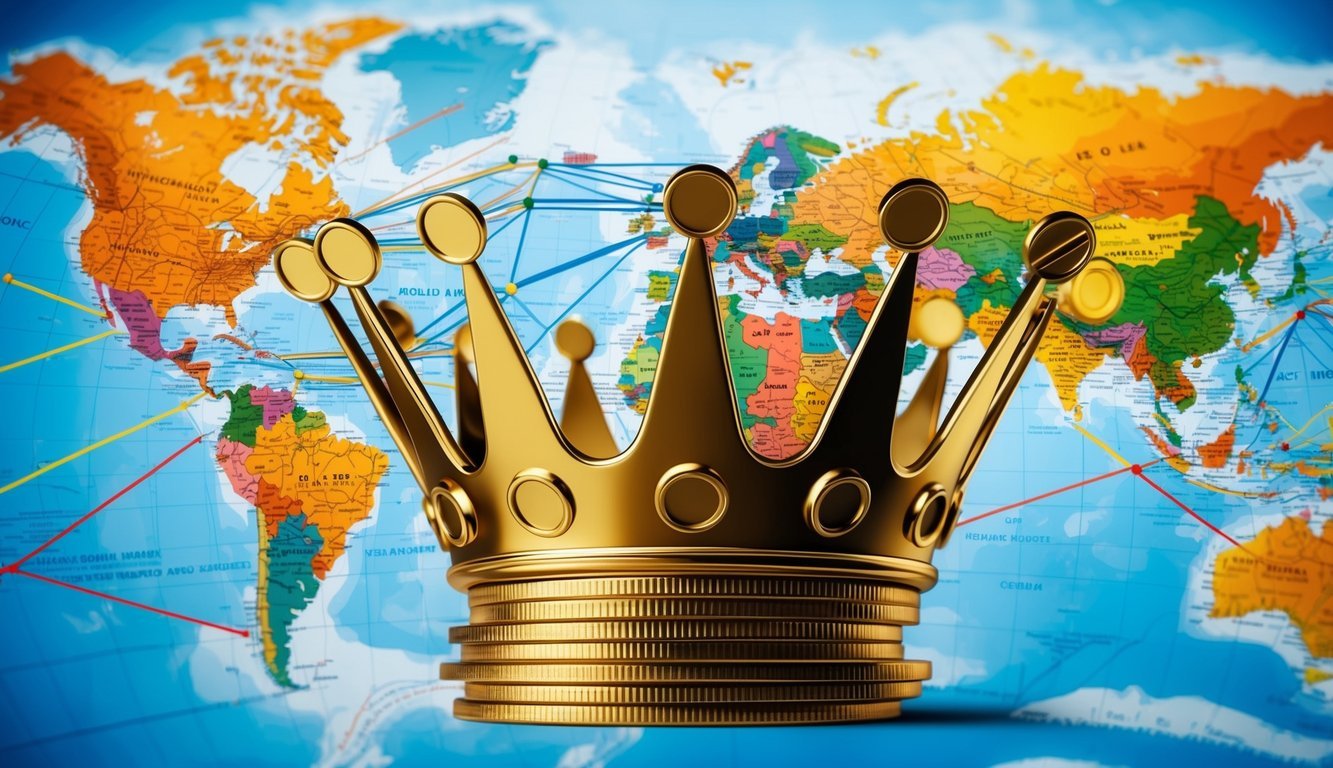
Tariffs have emerged as a powerful means for enforcing compliance from foreign nations, particularly when faced with the threat of significant financial repercussions. Yet, this form of temporary agreement can have lasting repercussions.
Changing Dynamics of Presidential Authority
In his analysis, author Mark Herrmann explores the evolving nature of presidential authority during Donald Trump’s first term. Constrained by Congress, the judiciary, and entrenched bureaucratic norms, Trump grew increasingly frustrated with the limits of traditional governance. Eager for unrestrained leadership, he turned to an alternative approach, one that resembled a more monarchical style of governing.
Historically, U.S. presidents wielded tariffs as strategic tools to navigate international trade. Trump, however, has altered this understanding, regarding tariffs not just as economic measures but as instruments of political control. His substantial power over tariff regulations has empowered him to apply pressure on nations that hesitate to comply with his demands.
A prime illustration of this tactic occurred when Trump pressured Colombia. After Colombia declined to accept flights carrying deported immigrants from the United States, he escalated his stance by threatening a significant increase in tariffs. This ultimatum resulted in Colombia swiftly yielding to his demands, accepting the deported individuals as a direct consequence of the tariff threat.
Implications of Tariff-Driven Policies
This unilateral approach is similarly evident in Trump’s expectations from Canada and Mexico regarding border security against the fentanyl crisis. If these countries do not act, Trump has made it clear: tariffs will follow. This strategy enables him to impose his directives without the need for Congress, the courts, or federal agencies to intervene.
Trump’s ambitions extend beyond immediate neighbors, as seen in his interest in controlling the Panama Canal and exploring the possibility of acquiring Greenland. Resistance from these nations would likely invoke the same tariff-driven response, illustrating his distinctive method of engaging with the world.
This prompts an important question: where does Trump draw the line? If he desires that foreign countries increase their purchases of U.S. goods, he can simply resort to tariff threats until he gets his way. The same goes for placing American military troops in the territories of other nations.
While his approach may yield short-term results, it carries significant potential pitfalls. A heavy reliance on tariffs risks undermining American export markets. Countries might begin to view trade with the U.S. as a gamble, leading them to diversify their economic partnerships and reduce their dependence on American influence.
Long-Term Consequences for Global Relations
Moreover, just as individuals tend to resent coercive tactics, nations often find ways to resist bullying. History shows that a bullied party might initially comply, but they often rally together against their oppressor. For example, countries in Latin America could unite in response to U.S. pressures, creating collective measures that ultimately impact the U.S. economy.
Although Trump might effectively impose tariffs on a single nation like Denmark, the collective power of Europe as a whole can pose a significant challenge. A united European front against American economic pressure could lead to serious consequences for U.S. trade practices.
In situations where coordinated efforts are challenging, nations may seek alliances with alternative trading partners, cultivating ties with countries less susceptible to U.S. influence. Colombia, while currently a U.S. ally, might forge stronger connections with nations like China, which could offer more attractive trade terms.
While the immediate impacts of such coercive measures may seem favorable, the sustainability of this bullying strategy remains uncertain. As Trump embraces an approach reminiscent of a ruler, the potential ramifications of his heavy-handed tactics may become increasingly apparent, risking a deterioration of America’s standing on the global stage.
Source: Abovethelaw

